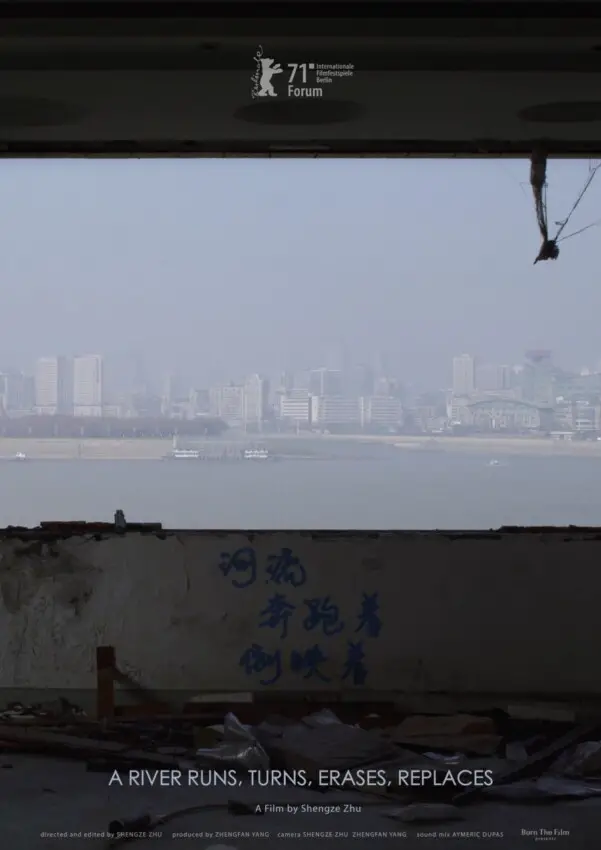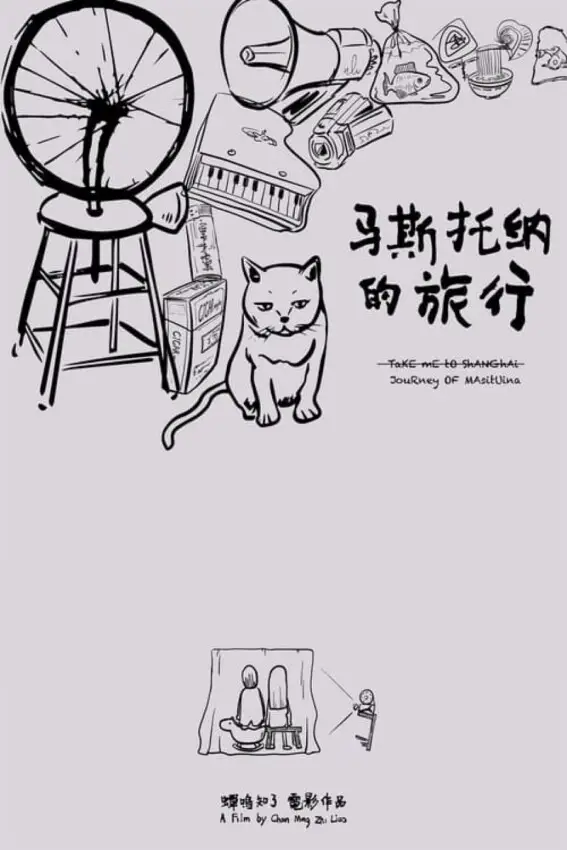
Movie Digest
The Yangtze is the longest river in Asia. It runs through many provinces like Shanghai, Tibet, Qinghai, and so on. One of the important cities it runs through is Wuhan. Steady and undeterred, the river still goes on, marching through Wuhan.
Once known as the largest city in the Hubei province, and the most densely populated city in central China, Wuhan became the centerfold of crisis and tragedy when a particularly deadly strain of coronavirus had an outbreak there. But this film is not about Wuhan. It’s not about the pandemic either.
Shot as a series of video footage from surveillance cameras in different corners of Wuhan, this is Shengze Zu’s ode to her hometown and her people, as well as being a bow of reverence to Wuhan. This documentary takes us on a journey through a time machine, starting from the middle of the pandemic in 2019 to 2016, a time when everyone had a normal life.
The Feel-Good Part
Since this is a documentary based on a real-life tragedy, the overall mood is somber. The aim is to make the viewer reflect on the effects of recent events. We are reminded of the cruelty with which many Asian people were treated immediately after the onset of the pandemic.
But to see the effects of the pandemic on the people in Wuhan makes us realize how much they have survived. That is what makes us feel good. It is a testament to human strength in the face of calamity.
In-Depth Analysis
Contrary to a scripted, well-coordinated movie, this documentary is shot through security cameras throughout Wuhan. Sometimes it is a construction site, sometimes it’s a mall, a beautifully painted bridge, and sometimes a beautiful shot of the sky over the river. It would have been erratic, but Shengze Zu had artfully strung each of the clips into an eye-catching narrative of human life in Wuhan.
There is not much dialogue in this documentary. But sometimes letters are read aloud by people to their loved ones. Some of them might have passed away, and some of them were forced to be separated from families. Their voices are raw with unfiltered, honest feelings of deep loss and those alone are enough to make many teary-eyed.
The documentary does an astonishing job of evoking the human spirit. People from different countries and different cultures can feel for the people of Wuhan, its empty streets and lonely corners. Although the current scenario is still glum, the film doesn’t hesitate to give us a sense of hope.
The Disappointing Factor
Documentaries are not for everyone. This one doesn’t aim to entertain the masses. It is an homage to our lost and fallen in Wuhan. It might seem to be monotone and long to some watchers, so it is best to have some patience while watching it.
Star Power
The stars of this documentary are the common people of Wuhan. They are fragile and insurmountable at the same time, and their voices carry the tenor of their resilience. Wuhan acts as a person through its helplessness towards the life it carried, the forced transformation it endured, and its gradual resignation to the new normalcy of masks and quarantine.
Overall Opinion
Watching this film is like watching the waves of an ocean crash onto rocks on a shore; it is relentless, forceful, gentle, and soothing in itself. We see the empty streets of Wuhan in 2019 and then we get to see it brimming with life in 2016. The contrast slaps the truth of life to our faces; how it is so easy to lose and how much we should treasure it.
Similarly, the Yangtze serenely flowing in the background caresses us with another truth: life goes on, regardless of what we are feeling about it.




















